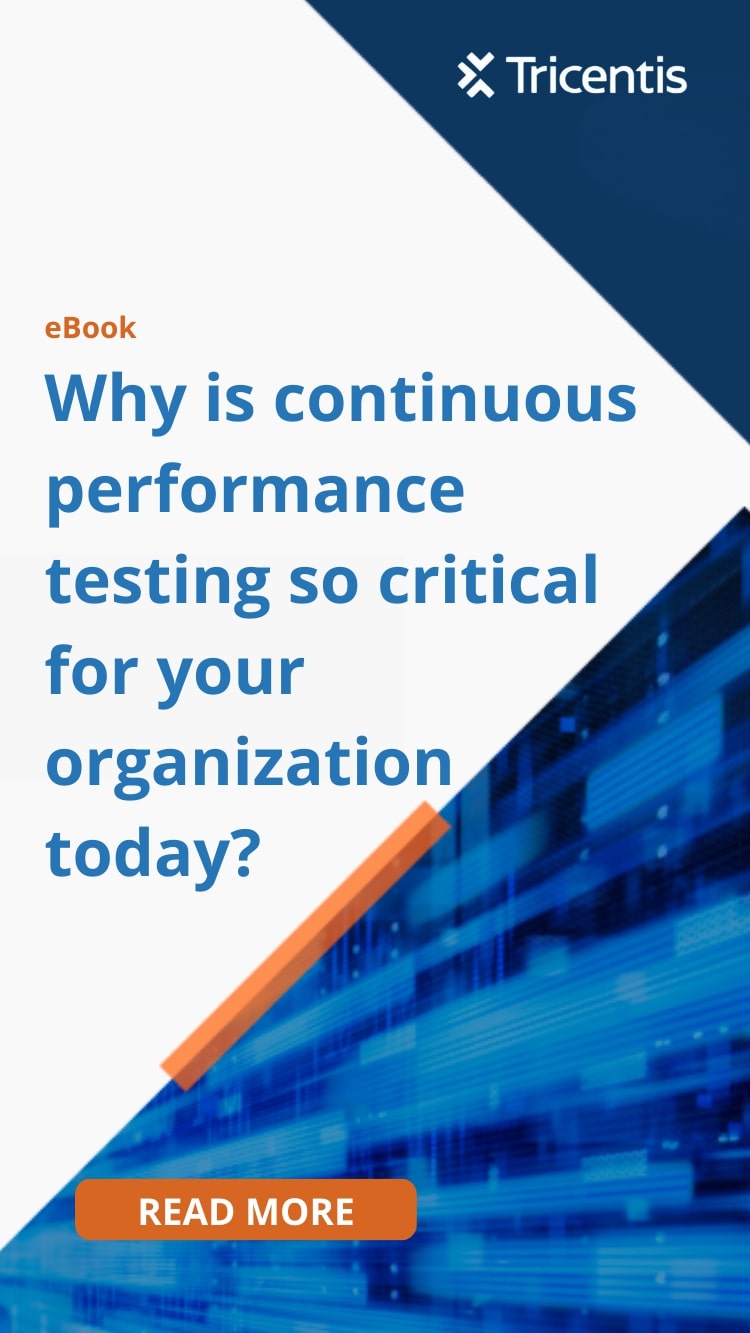Digital transformation improves efficiency, decision making, and brings in new revenue opportunities. But digital transformation failure rates range from 66% to 84%. Many enterprises lack a proper understanding of the concept and critical resources. Here are good digital transformation resources for enterprises to take critical steps towards innovation.
Books
Books written by subject experts offer comprehensive, in-depth information on digital transformation.
- “Digital Transformation: Survive and Thrive in an Era of Mass Extinction,” by Thomas explains digital transformation paradigms in the framework of four emerging technologies: Big data, Cloud computing, Artificial intelligence, and the Internet of Things. The book offers handy case-studies on top enterprises such as 3M, Enel, and Royal Dutch Shell applying AI and IoT.
- “The Digital Transformation Playbook: Rethink Your Business for the Digital Age,” by David L. Rogers, makes a case for digital transformation through strategic thinking. Roger’s book is handy for pre-digital-era companies to reinvigorate themselves in the new digital world.
- “Driving Digital Strategy: A Guide to Reimagining Your Business,” by Sunil Gupta offers rich and insightful case studies. These examples serve as valuable benchmarks and help executives stay relevant.
- “Why Digital Transformations Fail: The Surprising Disciplines of How to Take Off and Stay Ahead,” by Tony Saldanha looks at the reasons digital transformation fails. Saldanha explains the root cause for failure as a lack of clear goals and a disciplined process for achieving them. Success depends on attention to detail.
- “Digital Transformation: Build Your Organization’s Future for the Innovation Age” by Lindsay Herbert takes the reader through an end-to-end journey on digital transformation. He offers comprehensive answers to pressing questions such as “Where to start?” “How to get the right resources?” “Which data to measure,” and so on.
- “Digital or Death: Digital Transformation–The Only Choice for Business to Survive, Smash, and Conquer” by Domonic M Mazzone offers out-of-the-box thinking and digital transformation insights from a fresh perspective.
- “Brave New Work: Are You Ready to Reinvent Your Organization?” Aaron Dignan approaches digital transformation from a human or work perspective. He discerns the complex patterns characteristic of a dysfunctional group.
Research Firms

Research firms offer up-to-date and focused information on different aspects of digital transformation.
- The report “Unlocking Success in Digital Transformations” from research firm McKinsey & Company, lists 21 best practice elements. These characteristics fall into five categories of leadership, capability building, empowering workers, upgrading tools, and communication.
- The MIT Sloan Management Review’s “The Nine Elements of Digital Transformation” features in-depth research on how to use the latest technology to redefine businesses. The report refers to how several leading companies redefined customer relationships and value propositions using emerging technologies such as analytics, and mobility.
- In 2016, PwC teamed with Salesforce to create a new working environment aimed at realising quantifiable business value. The relationship between PwC and a third-party vendor at different stages of the project, viz. at the outset, during the process, and in evaluating success, offers a good benchmark. The case study offers valuable lessons on how an organization can make such a relationship work.
Likewise, several other reports, case studies, and other resources offer a wealth of information on the latest best practices, trends, how-to’s, success stories and other aspects of digital transformation.
Blogs:
Several research firms, companies, and experts run popular blogs focused on digital transformation.
- McKinsey & Company Digital’s blog explains how the complexities of IT and design affect the customer experience.
- Forrester’s Blog offers insights on the tech marketplace from a CIOs perspective, with a focus on innovation.
- The CIO Transformation Blog from IDG offers insights on the latest trends and initiatives in technology.
- Digitalist Magazine’s blog covers several topics related to emerging technology, such as blockchain, digital economy, machine learning, cybersecurity, the future of work, and customer experience.
- IT Knowledge Zone offers several interesting blogs on digital transformation, IT leadership, cybersecurity, cost optimization, and related areas. Blogs such as “Seven Challenges to Adopting New Technology” and “How to develop strategic thinking among IT teams” offer practical ground-level insights for CIOs.
- The Cisco Digital Transformation Blog shed https://itknowledgezone.com/seven-challenges-to-adopting-new-technology/light on innovative best practices.
Several experts offer their advice and recommendations through social media. Even experts whose digital transformation initiatives have flopped can offer valuable advice on what not to do. The obvious place to connect with professional freelance expertise is sites such as LinkedIn.
Videos, Podcasts, Webinars and Other Web Content
The Internet has several resources for live and practical insights on digital transformation. Videos and webinars are the most obvious resources.
- “Digital Transformation Initiative,” a video by the World Economic Forum, offers insights on the history and future of digital transformation.
- Ionology Digital Transformation Framework summarizes digital transformation and the major execution pitfalls.
- The “Digital Transformation Webinar,” sponsored by Cloud9 Insight, offers insights into digital transformation basics and best practices.
- In “A Step-by-Step Guide to Creating a Winning Digital Strategy,” Peter Smith, head of strategic consulting at Fujitsu Digital, explains the company’s winning digital strategy. The focus is on digital adoption, organizational strategy, backend data integration, customer experience and customer journey.
Various courses by universities and other institutes help business executives gain conceptual acumen in digital transformation. “Digital Transformation,” an online instructor-led course by the University of Virginia, with instructors from the Boston Consulting Group, explains what it takes for a successful digital transformation initiative.
The podcasts, CXO Talk hosted by Michael Krigsman, covers a wide range of topics related to digital transformation, customer experience and leadership. Recent podcasts covered case studies from industry leaders such as ABB, Siemens, Nokia, Lenovo and SAP. The Digital Transformation Age Podcast features several high-profile experts as guests.
These videos, podcasts and webinars offer CIOs and other business executives a starting point to propel their digital transformation initiatives.
Data Analytics
The best internal resource to aid digital transformation is data. Free flow of information through the enterprise encourages an open exchange of ideas, brainstorming, and creativity. This sets the ground for innovation.
Analyzing data makes every enterprise productive and efficient. For example, when marketing and sales teams share information across the CRM, there is a sharing of intelligence. Analysing such data generates actionable insights for internal benchmarks and customer-focused changes.
For instance, an Artificial Intelligence-powered analytical engine studies sales and marketing data from the end-consumer standpoint, and suggests initiatives to ease customer pain-points. Combining AI-driven insights with the innate knowledge of the workforce drives digital transformation.
Successful digital transformation requires much more than technology. The technical knowledge to implement new software is easy. But successful digital transformation requires insights on how to apply the technology in the best way. As the law of unintended consequences holds, any new implementation may have effects contrary to intentions. Enterprises embarking on digital transformation should always equip themselves with credible resources and advice from experts to counter such unintended consequences.












